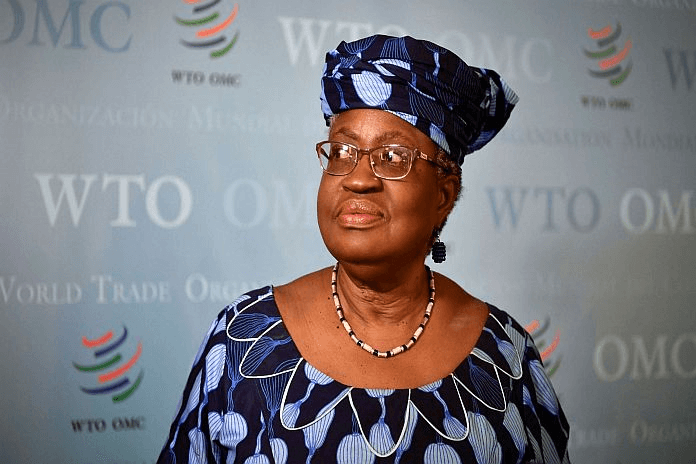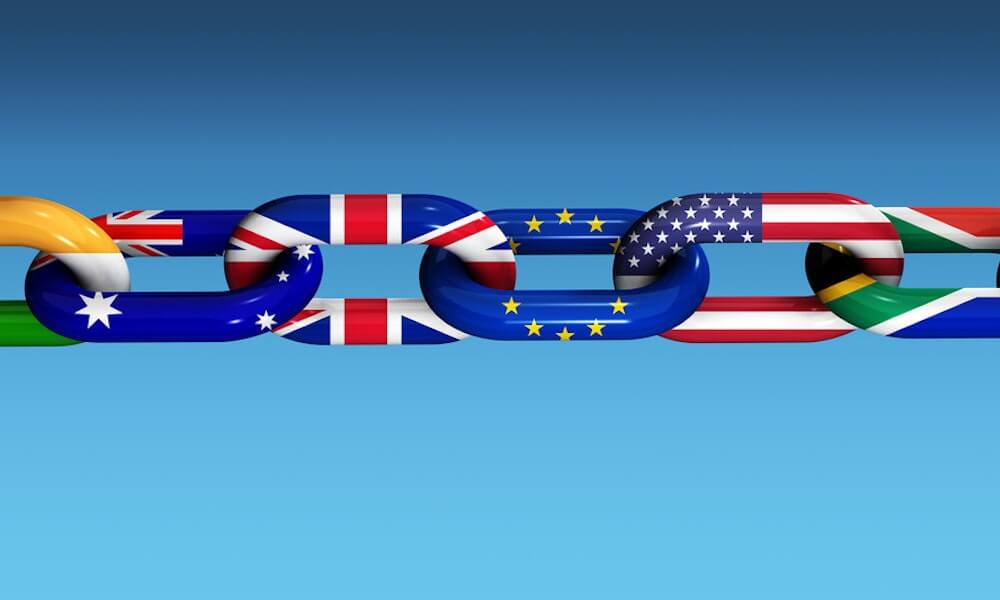World Trade Organization (WTO): What It Is and What It DoesUnderstanding World Trade OrganizationWorld Trade Organization is the result of an agreement signed by 123 nations to replace the General Agreement on Trade and Tariff (GATT). Therefore, WTO is also known as the successor of the GATT because before the WTO, the rules for trade between nations used to be governed only by GATT. It was the year 1995 when WTO replaced GATT as the governing body for international trade. The major difference between the GATT and WTO is that GATT used to deal with trade related to goods only, whereas WTO facilitates the trade of goods as well as services. 
WTO is now an organization of 164 members, and the members of the WTO are required to follow the rules which WTO sets up. The most recent and 164th member who joined WTO is the country Afghanistan. World Trade Organization also acts as an alternative dispute or mediation entity by upholding the international rules among the countries. If any disputes between the member nations of the WTO arise, then in such a case, WTO acts as a platform where the member countries can settle their disputes related to trade and can also do the negotiation. WTO has done tremendous work in improving international trade by reducing trade barriers and increasing trade. It has also put up trade barriers where it was needed in international trade. Benefiting the global economy has remained one of the major goals of WTO, and in doing so, it has acted as a mediator between nations to increase trade between them. The WTO offers to interpret trade agreements between nations in the event of a dispute so that the dispute does not hinder the development of the economy in the future after negotiations are completed. All the agreements of WTO consist of a settlement clause that enables WTO to conduct neutral conflict resolution. Advantages and Disadvantages of the WTOProtectionism and free trade has always been in the discussion in the history of international trade, and WTO has enhanced the concept of globalization through its policies which have positive as well as negative effects. The efforts of the WTO have led to the expansion of trade globally. However, globalization has its own side effects on human rights and on local communities. Multinational Corporations see the work of WTO as a very effective way to increase trade between nations because free trade and a decline in trade disputes have also helped the global economy flourish. Earlier, there used to be a lot of trade barriers in making international trade, and because of that, many countries were not able to trade with other nations, which used to act as a barrier to the growth of their economy. Due to free trade and fewer trade barriers, member nations are now able to export their products to foreign markets easily. Despite this, some sceptics believe that foreign markets are affecting the development of domestic industries due to increased free trade. They believe that as there are very few trade barriers and free trade, the domestic industries are being affected by the foreign products as they are cheaper than those domestic products because they do not need to pay any taxes for that. One of the major arguments given by critics is that since the WTO has the authority to review the trade policies that a member country makes for its industries, national sovereignty is compromised in such cases. For example, suppose any member country brings any trade policy or regulation for the betterment of its industries, worker, or environment. In that case, WTO, as a global authority on trade, may review that policy, and if it thinks that it is acting as a barrier to free trade, then it may ask that nation to put it down as it is acting as a barrier. It can be inferred that a country may have to sacrifice its own interest so that they do not violate the objectives of WTO. This ultimately results in limiting the choices for the country. It can be said that reducing trade barriers and enhancing free trade is not always in favour of countries as it has many other effects which need to be considered in detail. WTO LeadershipOn 15th February 2021, Ngozi Okonjo-Iweala, who has been a two-time finance minister of Nigeria, was appointed as director general of WTO's General Council. She took office as director general on 1st March 2021, and the term of her office will be for the next four years. She is the first woman and also the first African to be selected for the post of director-general for WTO's General Council. 
WTO also leads international trade through its agreements with the member nations. The agreements of WTO lay down the legal rules for international commerce, and the WTO itself oversees such agreements. Such agreements bind the member nations and require them to make their trade policies by observing the rules set by WTO to facilitate international trade. The agreements benefit importers, producers, and exporters and encourage the government of member nations to meet environmental and social standards. Without the foundational WTO agreements, it is not possible to do mediation, negotiation, or resolution. How does the World Trade Organization work?As mentioned above, the current director general of WTO is Ngozi Okonjo-Iweala, who is from Nigeria. But she has no authority to take all the decisions on her own. Other members of the WTO also play a major role in the decision making and decisions are made by consensus only. Sometimes, the decisions are also based on the majority vote rule, but it is very rare. In Geneva, Switzerland, Ministerial Conferences are held two times a year in which members and the representatives of all the member nations are present. All the top decisions are made at these conferences only. 
WTO not only makes policies on international trade transactions, but it also tries to settle or resolve disputes related to international trade. For example, suppose a country imposes any custom duty on any country or any product of it, and that imposition of customs duty acts as a trade barrier for the country on which the imposition is made; then, in such a case, WTO may issue trade sanctions on the country for creating a trade barrier. Most of the disputes are often settled by the WTO through negotiations. Major Functions of the World Trade Organization
|
 For Videos Join Our Youtube Channel: Join Now
For Videos Join Our Youtube Channel: Join Now
Feedback
- Send your Feedback to [email protected]
Help Others, Please Share









